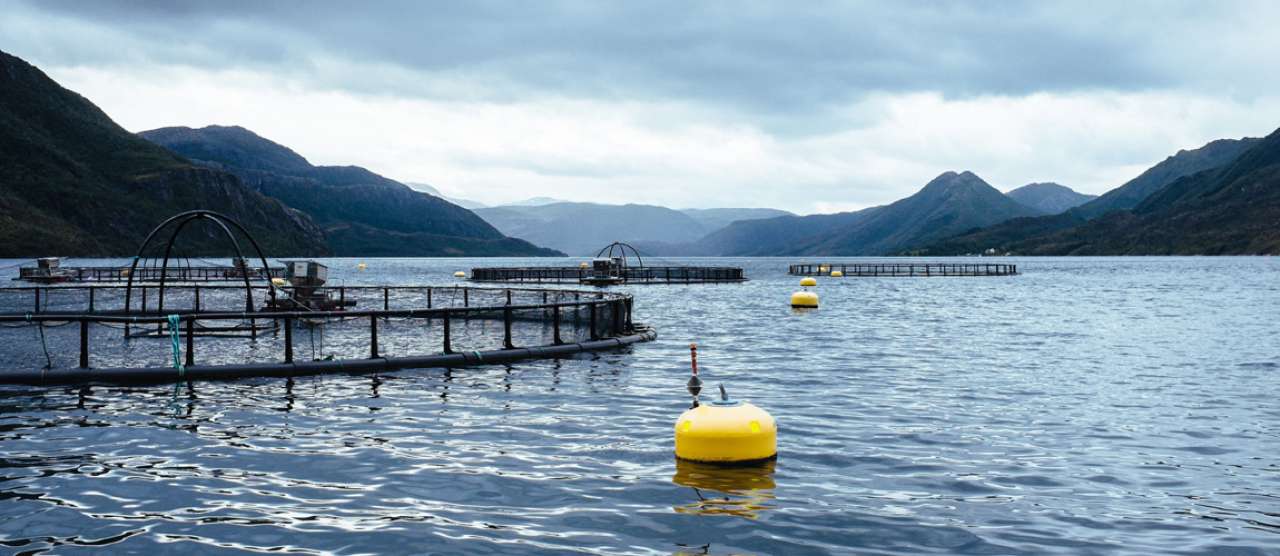Fish sludge can become plant fertilizer

Photo: Ragnar Våga Pedersen.
Every year around 75% of the phosphorus applied in fish farms will be lost. This is a waste of a very limited resource. NIBIO has, in collaboration with the Norwegian University of Science and Technology (NTNU), tested the use of fish sludge as plant fertilizer. The results are good.
Phosphorus is necessary for all life, be it people, plants or animals. Therefore, phosphorus is applied to different parts of the food system, and both mineral fertilizer and fish food contain this nutrient. Because phosphorus utilization in plants and animals is relatively poor, some phosphorus is wasted, for example in agriculture where excess phosphorus accumulates in the soil. This is problematic because the rock from which phosphorus is recovered is a very limited and non-renewable resource. Researchers from NIBIO and NTNU work together to get an overview of how phosphorus flows in the Norwegian food system can be exploited more effectively.
Research shows that phosphorus losses in Norwegian aquaculture are on a par with phosphorus losses in Norwegian agriculture. Every year, 12,000 tonnes of phosphorus are applied to fish farms in fish food. Of this, as much as 9,000 tonnes goes to waste, either through food waste or because it is not taken up by the fish and thus is lost with the fish's excrement. If new technology is not developed and the aquaculture industry continues as today, phosphorus losses will increase as the industry grows. It is estimated that the industry will be five times larger by 2050.
NIBIO has tested the use of the nutrient-rich fish sludge from aquaculture as a fertilizer in growth experiments. The sludge is a valuable resource; it has properties that can be compared to manure.
On this basis, researchers at NIBIO call for stricter policies around the growth of Norwegian aquaculture, and not least the development of new and better technology to capture and recycle phosphorus from the nutrient-rich fish sludge.
Contacts

Contacts

